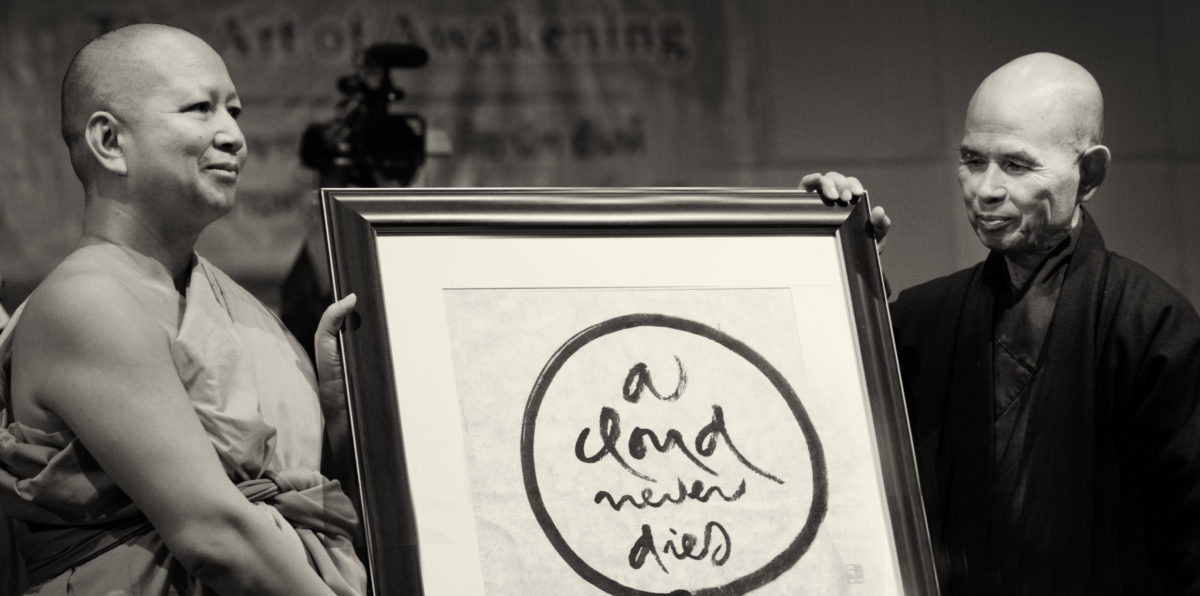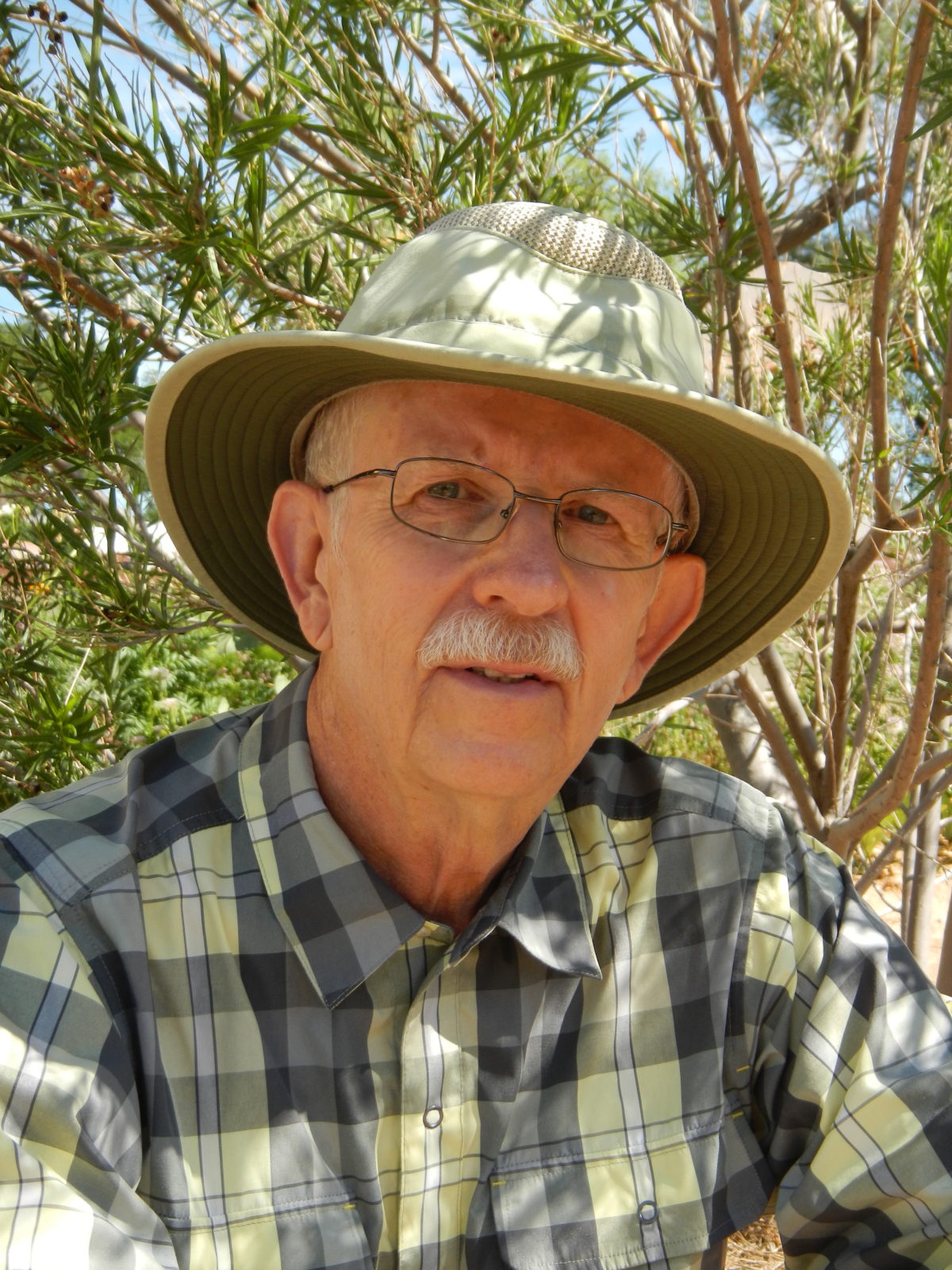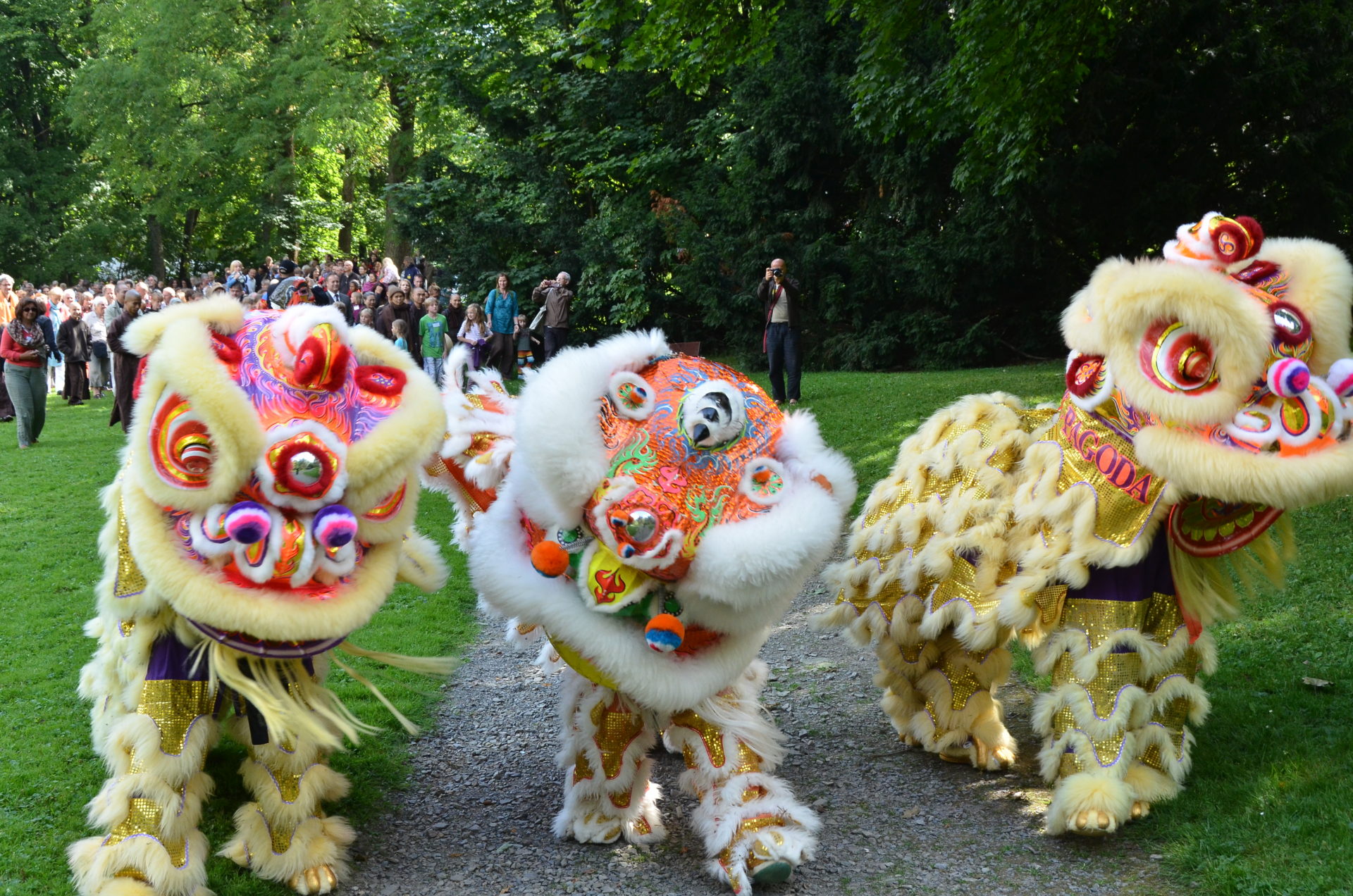Travel and Practice in Southeast Asia
By David Percival
Travel is a part of us. From the poorest Southeast Asian villagers who travel their countries by boat, minivan, and battered bus, to Western jetsetters, travel is in our blood. Yet, these last few years I have experienced a lot of apprehension around traveling: it brings up awareness of global warming, terrorism, poverty, the great divide between the haves and the have-nots.
Travel and Practice in Southeast Asia
By David Percival
Travel is a part of us. From the poorest Southeast Asian villagers who travel their countries by boat, minivan, and battered bus, to Western jetsetters, travel is in our blood. Yet, these last few years I have experienced a lot of apprehension around traveling: it brings up awareness of global warming, terrorism, poverty, the great divide between the haves and the have-nots. Thich Nhat Hanh says, “We arrive in each moment. Our true home is in the present moment.” Travel is not attaching or clinging, but taking peaceful steps in mindfulness, nourishing peace and happiness, and being at home wherever we are. I realize that I already have everything I will ever need. I don’t need to travel out of want or need.
So, in April 2013, in the spirit of “I have arrived, I am home,” and holding close the realization that we always carry with us our mindfulness, I quietly slipped out the door, carry-on bag in hand, and departed. I took refuge in the words of Thai meditation teacher Ajahn Chah: “Seeing that everything is unreliable, we will take all situations of lack or plenty as uncertain and not have attachment to them. We pay attention to the present moment, wherever this body happens to be dwelling. Then staying will be okay. Traveling will be okay. Everything will be okay, because we are focused on the practice of recognizing the way things really are.”
This time, my first destination was Vientiane, the capital of Laos. I lived in Laos in what now seems like an ancient time, during the secret war, when the U.S. left a legacy of suffering—in particular from massive amounts of unexploded ordinance which kill and maim people to this day. Americans didn’t know that Laos was the most heavily bombed country in the world at that time, and we have done little to help clean up our mess. Even today, it is common to see people who have lost a limb from bombs exploding in the fields. Yet there is much beauty, and life continues to thrive in Laos.
On my last morning, after a few days of wandering in Vientiane, I sat with the monks of beautiful Wat In Peng while they chanted before their morning meal. Then I did walking meditation around the Wat grounds. On one side of the temple, next to a solid wall of banana trees, I stopped for a moment surrounded by the industrial roar of motors. On a five-story building rising above me, I counted fifty-eight air conditioning units mounted on the wall. Hundreds of motorcycles roared by, people were arguing loudly, and a loud dog battle was in progress. This temple was right in the middle of life in a noisy city that doesn’t stop.
Our practice is exactly the same—right in the middle of it—in a world that hasn’t learned to stop, that runs endlessly, searching for riches, glory, and power. At that moment I was grateful for my breathing, my steps, my stopping, and in the midst of this cacophony, I saw the beauty of our practice. The miracle is that we can return instantly to our mindfulness. If we wait for the noise and arguing to stop, we may wait forever. But we can return to our inner calm, freshness, solidity, and freedom in the midst of chaos. Our island of peace and calm is within us.
Touching Seeds of Joy
From Laos I traveled to Thailand, where the Applied Ethics Retreat was held in Ayutthaya. Thay’s visit to Thailand started beautifully when he urged practitioners to generate the energy of mindfulness and compassion and to embrace our suffering and look deeply into it. We were urged to learn to deal with our suffering NOW and not to run away from it.
Again, we were right in the middle of it, in an incredible city, Bangkok: a generator of much suffering or a place of great beauty—it was our choice. It could be place for breathing, smiling, stopping. There was little we could control, as always, and there might be crowds, pollution, terrible traffic, heat, humidity—or we could smile at all of this, let our attachments go, and enjoy the wonderful people, food, places to visit, temples, culture, the little islands of beauty, and be at home in the here and now.
The Calligraphic Meditation Exhibit at the Bangkok Arts and Culture Center was held on April 3. Thay explained that when he begins his calligraphy, he first has a cup of tea and then mixes some tea with the ink in order to generate the energy of mindfulness and compassion. Drinking tea is meditation; calligraphy is meditation. Thay said the best way to look at calligraphy is to breathe in mindfully and to be fully present in the here and now. To allow the calligraphy to touch our seeds of joy, compassion, love, and happiness, so we can obtain understanding and realization.

Happy in this Moment
In his Dharma talk on April 5, Thay focused on teachers and teaching. He said the Buddha was a happy teacher, a good teacher. He mentioned two aspects of the practice of Buddhism: first, we learn how to suffer. If we know how, we can make good use of our suffering so we can suffer much less. Instead of running away, we learn how to handle suffering. Secondly, we learn how to create happiness. For a good practitioner, it is possible to create moments of happiness whenever we want, wherever we are traveling.
The Applied Ethics Retreat was held at the Mahachulalongkorn Buddhist University, just outside of Ayutthaya. The theme was “Happy Teachers Will Change the World.”*
Thay illustrated that a good teacher needs to know the art of relaxation and restoring peace in our bodies. A good teacher needs to know how to handle feelings—not to suppress or cover them up and pretend they aren’t there, but to embrace the feelings as a mother embraces her baby. Finally, when a good teacher learns how to do this, he or she can help students, other teachers, and anyone else to do the same thing. The practice of compassionate listening connects the teacher to the student.
On April 6, Thay’s Dharma talk gave detailed instructions on inviting the bell, showing how this practice can be used in the classroom to transform the class into a family while building sisterhood and brotherhood. We don’t need to use Buddhist terms; mindfulness is not tied to a religion.
A beautiful Order of Interbeing transmission ceremony was held in the early morning of April 7. Sixteen aspirants (thirteen Thai, three Western) received the transmission from senior Plum Village monastics and became the “True Spring” family. Later that day I enjoyed the happy and joyful Sister Chan Khong as she taught us the fountain of youth exercises. It was wonderful to see her pirouetting, turning, laughing, and moving her body in this healing practice.
At a question-and-answer session that day, Thay suggested that you can enjoy the moment after someone makes you really angry, and you can stop, catch yourself, breathe, and not do anything.You don’t usually think it is possible to enjoy such a moment. You don’t have to get hooked into saying something you don’t want to say or doing something you don’t want to do. You can learn and grow in such a moment of suffering. You are secure in your beautiful space of mindfulness. You can be happy in this moment, no matter how angry you seem to be. You can immediately restore your happiness. You see the other person with eyes of compassion… you smile…let go and move on.
A Beautiful Continuation
On April 8, the last day of the retreat, Thay talked on the subject of applied ethics. He encouraged us to use secular language so we can help everyone. He placed great emphasis on the Five Mindfulness Trainings as a concrete way to bring ethics, the Four Noble Truths, and the Noble Eightfold Path into our lives. He suggested that “difficult relationship” is a new name for illbeing. He said we must recognize our suffering and we must do something about it.
In conclusion, Thay said, “We can be the hand of the Buddha helping others suffer less.” He continued, “When I look around, I see myself not in my direction. Rather, I have been reborn in my disciples, my teachings, my friends. If you look at me and think I am this, you have not seen me.” We are much more than our body. We have produced many words and actions, and these continue us everywhere. We can ensure a beautiful continuation.
After the Dharma talk, I sat a while in the great meditation hall as people were leaving, returning home. I watched as the young Thai organizers moved around, cleaning up, gathering their equipment. There were so many young people—it was beautiful to see them, eager and enthusiastic, dedicated to the practice. They were well organized and should be commended for the wonderful job they did. This retreat brought me great hope for the Sangha, for our future. The Sangha in Thailand is alive and growing. Sangha members are developing and building a new monastery near Pak Chong, a few hours from Bangkok. It is endearingly called Ban Plum, “Ban” meaning “village” in Thai.**
Then it was time to leave my home in Thailand and return to my home in the United States. With our peaceful breath and steps, our smile, our deep listening and loving speech, we can be at home anywhere. We can be happy and free wherever we walk. Traveling, we move from one home to another. Let your practice be wherever you are, right in the middle of it.
* The talks from the Applied Ethics Retreat are available on www.tnhaudio.org.
** For additional information, go to: www.thaiplumvillage.org.

David Percival, True Wonderful Roots, practices with the Rainbow Sangha in Albuquerque, New Mexico, and coordinates subscriptions for the Mindfulness Bell.

